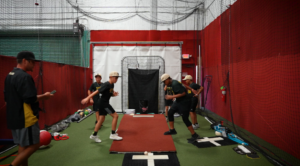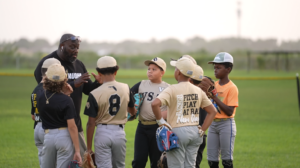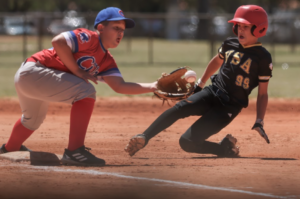There are very few sports on this planet with as much influence on public life as baseball. America’s “national pastime” has helped shape the nation’s culture and served as a beacon of hope in dark times. Here’s how baseball became a lifesaver during the Great Depression.
Now, when we talk of big matches, baseball coaching, and prepping players for crucial games, we tend to forget that the picture was vastly different less than a century ago. Between 1929 and the outbreak of World War 2, America was going through what is now called the Great Depression.
An era of unprecedented economic hardship saw people losing their jobs and savings, companies shutting down, and long queues buzzing in front of soup kitchens and shelters for the homeless. People needed hope to carry on through those dark times, and baseball emerged as a savior.
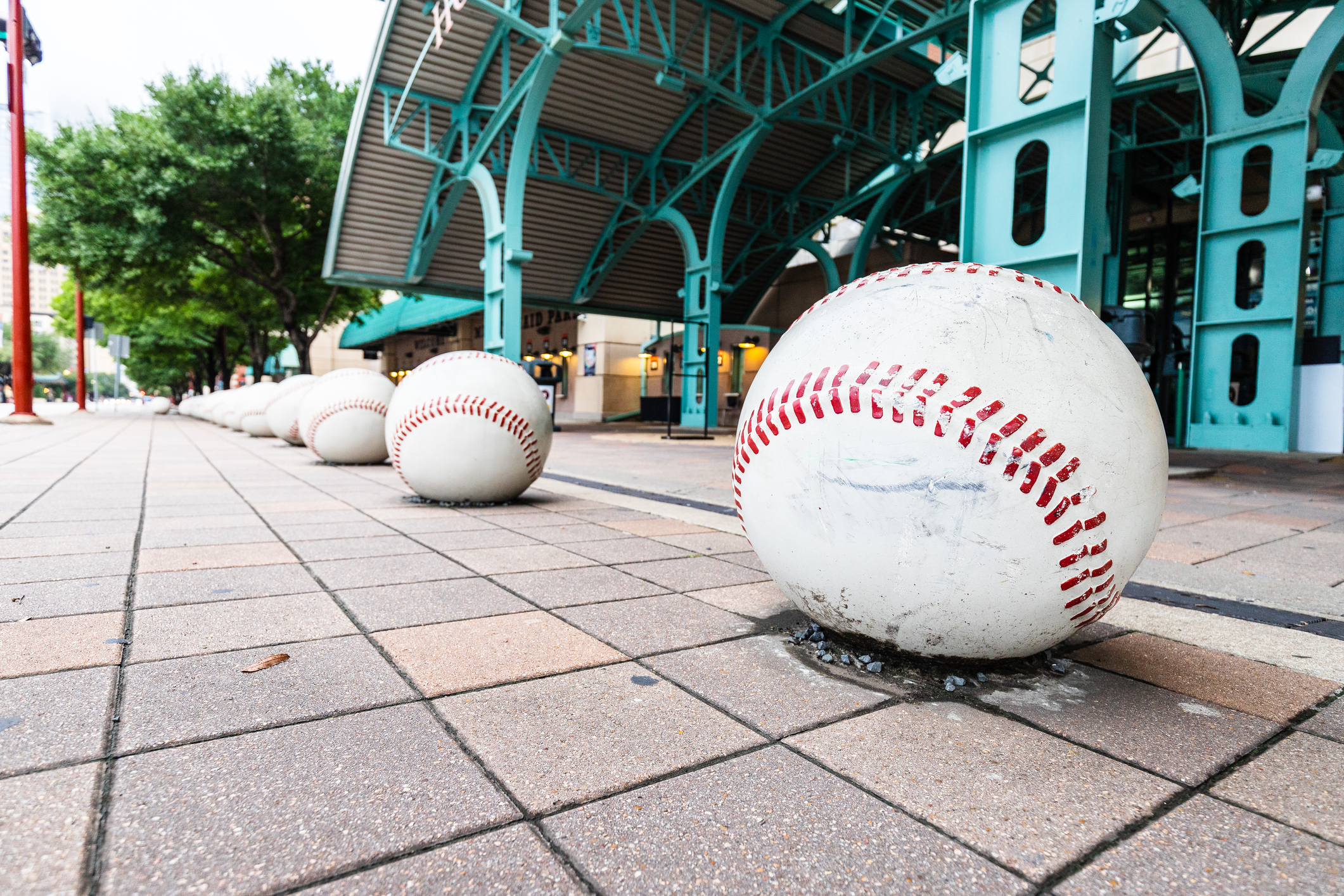
By the time the Great Depression hit, baseball was already a popular sport. Legends such as Babe Ruth, Lou “Iron Horse” Gehrig, Joe DiMaggio, and Jay “Dizzy” Dean graced stadiums with their presence. People’s emotions were tied to their favorite teams, and 1930 saw an all-time peak attendance of 10.1 million in Major League Baseball. But attendance figures began to wane in the coming years, reducing to 40% of the pre-Depression average at its worst.
Ticket prices were reduced. Fans, who could still buy tickets, moved to cheaper seats. Players, coaches, and support staff had to take pay cuts. Big and small teams struggled as owners found themselves stripped of their wealth, and some teams even folded up. Baseball coaching no longer looked like a viable career option, and teenagers decided it was better to run after money than learn how to play baseball. All in all, things looked bad. But baseball endured!
Teams that were still afloat began to innovate and come up with means to attract crowds. Women were given free admission. Grocery giveaways became common during matches. The very first night games came into existence. And high-profile players like Babe Ruth and Lou Gehrig played their part by taking significant pay cuts. Probably the most important event to come out of this era was the first-ever All-Star Game, played on July 6, 1933, at Comiskey Park, Chicago.
As people began returning to the stadiums, they saw baseball for what it was – a great source of hope and inspiration.
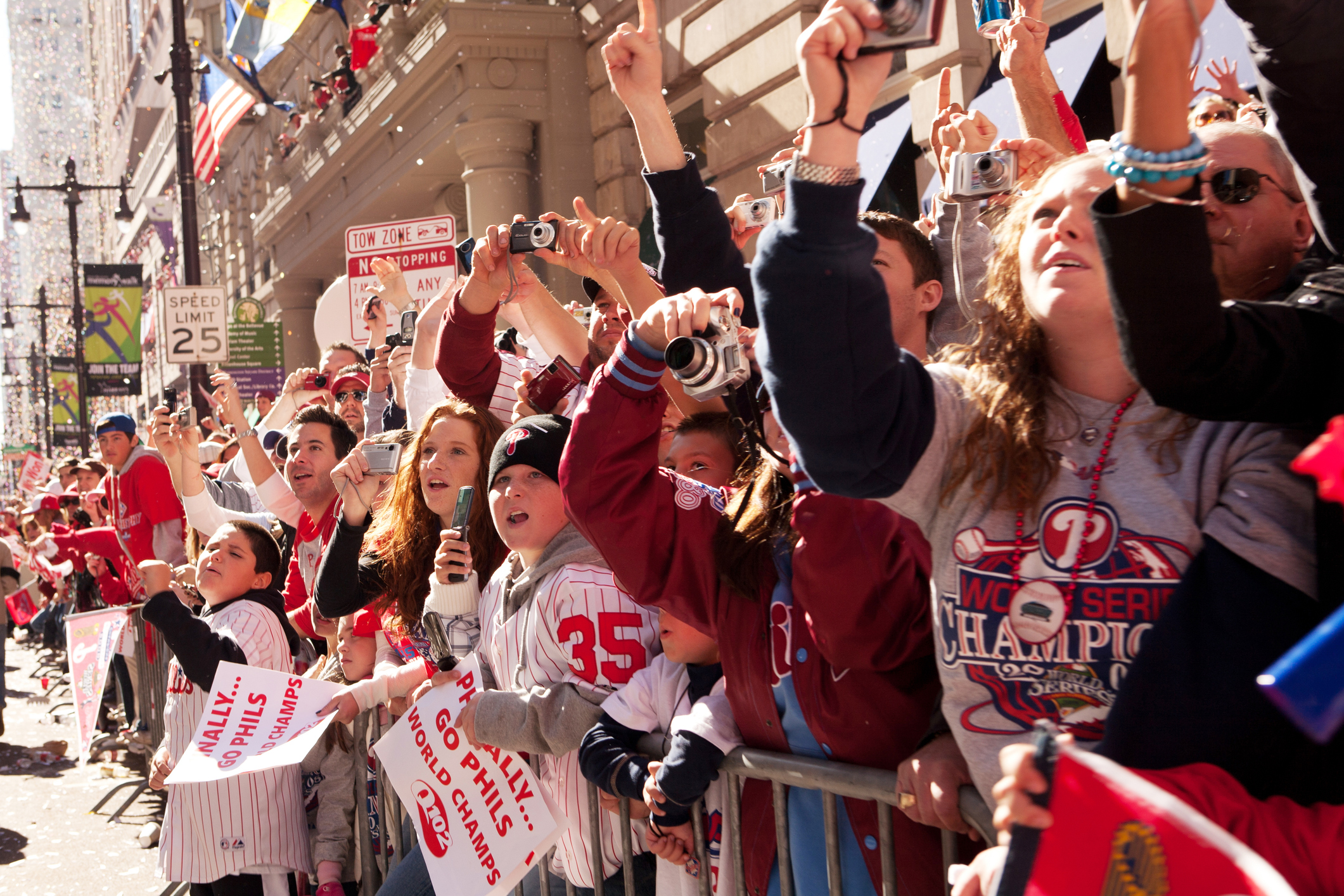
Here are some ways in which baseball helped Americans during the Great Depression:
A distraction from hardship:
Baseball provided a much-needed distraction from the hardships of daily life during the Great Depression. Fans could forget about their struggles for a few hours and immerse themselves in the drama and excitement of the game. They rooted for their favorite teams and players and found hope in the victories of their champions.
Affordable entertainment:
Despite the economic downturn, baseball remained an affordable form of entertainment for many Americans. Ticket prices were kept low, and many teams offered special promotions and deals to attract fans.
Building a community:
Baseball brought together people struggling with financial challenges. It fostered a sense of community and shared experience among citizens. Bonds forged in ballparks often extended into day-to-day lives. Enduring friendships were built, and many found comfort in each other’s company.
Many existing communities grew in prominence during those trying times. For instance, the Baseball Writers Association of America (BBWAA), which was established in 1908 to discuss and write about baseball, became a prominent torchbearer of sports journalism during the Great Depression.
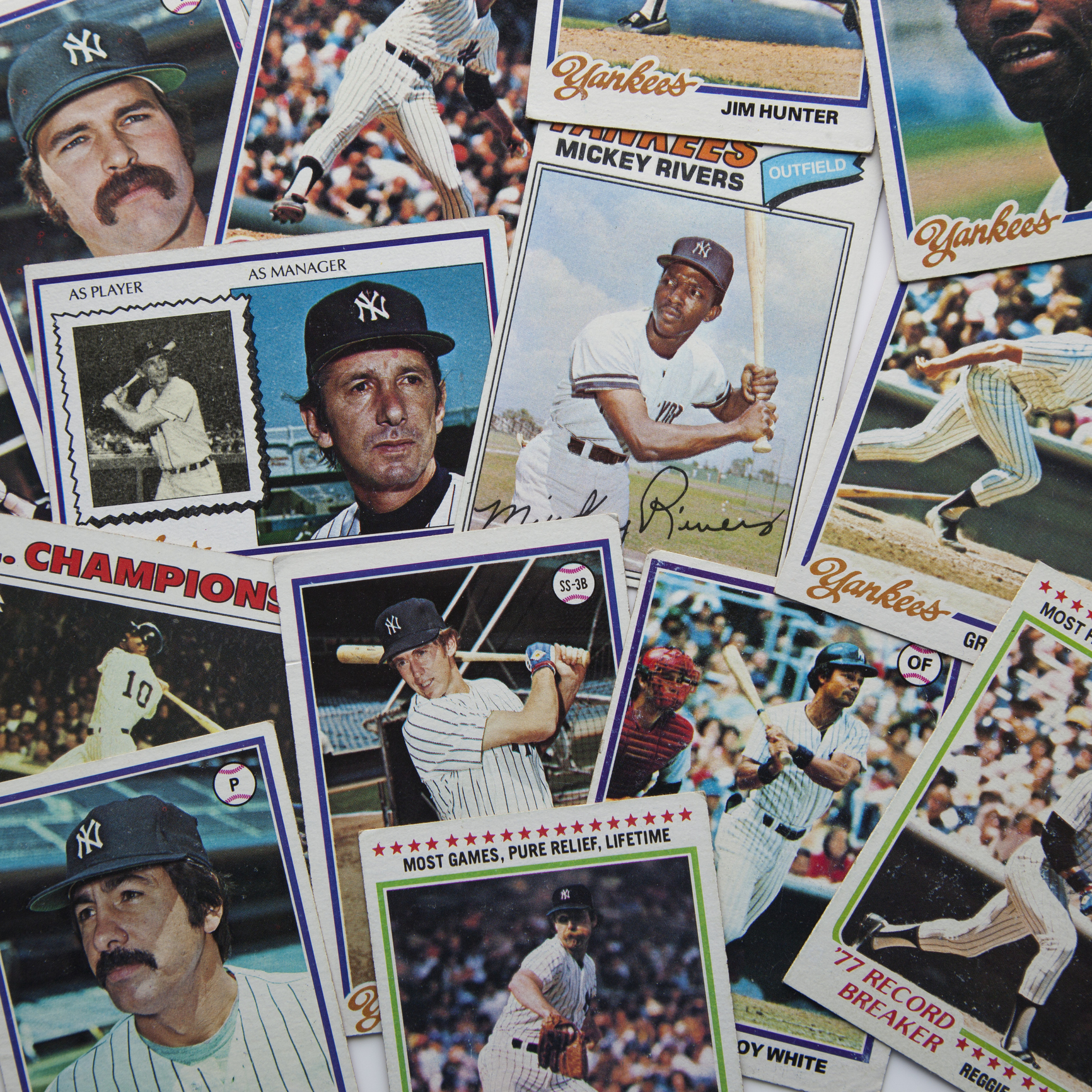
Hope and optimism:
Give a man subsistence during difficult times, and he will stretch it longer than usual. Give him hope, and he will use it to build a bright future! Baseball served as a source of hope and optimism for many Americans during the Great Depression. It symbolized the resilience and spirit of the American people.
The positive mental attitude promoted by baseball during the Great Depression has become the keystone of modern baseball coaching. Baseball academy coaches like Mo Vaughn nurture young players into strong-minded individuals who can take on any challenge on and off the field. Summer baseball camps and extended baseball coaching sessions always kindle a go-getter attitude among participants.
Jobs and economic impact:
While banks and other institutions folded up all around, most baseball teams hung on. The sport provided employment to players, coaches, support staff, and groundsmen. It also generated revenue for local businesses and communities, thus supporting the economy in trying times.
Baseball isn’t just a sport. It carries at its heart the spirit of the American people. If you have a teenager at home, consider enrolling them at a top-notch baseball academy like Vaughn Sports Academy. You will be surprised at its positive impact on your ward.
